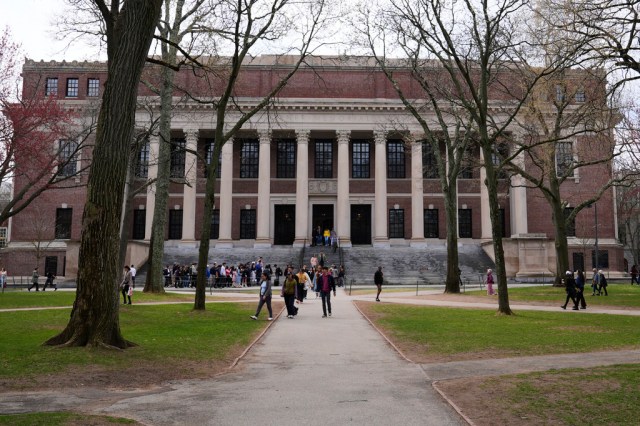Faith Under Fire: Why Religious Institutions Must Rally Behind Harvard's Academic Freedom

In a bold and controversial move, the Trump administration has escalated its pressure on Harvard University by presenting a sweeping five-page document that could dramatically reshape the prestigious institution's autonomy. The proposed demands are nothing short of extraordinary, including an unprecedented government intervention in Harvard's core operations.
At the heart of the proposal is a radical requirement that would grant the federal government a comprehensive veto power over Harvard's hiring and admissions processes. This unprecedented level of oversight would fundamentally challenge the university's long-standing tradition of academic independence and self-governance.
The administration's document doesn't just stop at administrative control. It carries a stark and direct threat: if Harvard fails to comply with these extensive demands, the government stands prepared to revoke the university's tax-exempt status. Such a move would have potentially devastating financial consequences for one of America's most renowned educational institutions.
This aggressive stance represents a significant escalation in the ongoing tensions between the Trump administration and elite academic institutions, signaling a broader confrontation over academic freedom, institutional autonomy, and the role of higher education in contemporary American society.
The proposed demands have already sparked intense debate among educators, legal experts, and policy makers, who are closely examining the potential legal and constitutional implications of such unprecedented government intervention in university governance.
